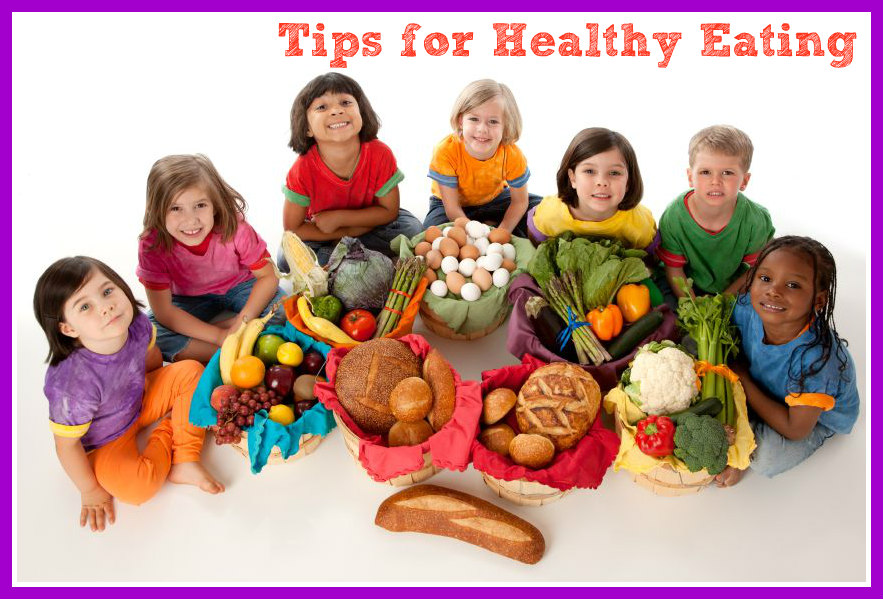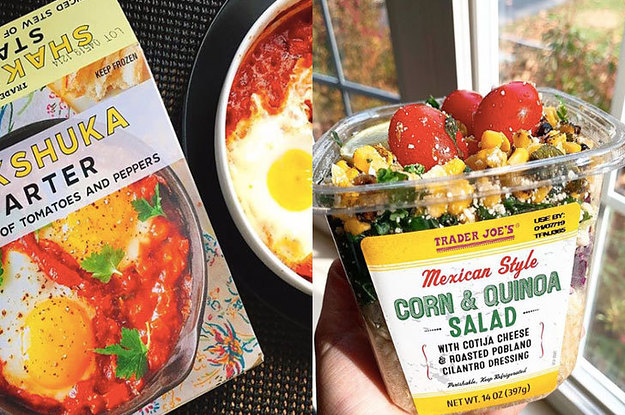
There are three main types for cardiovascular disease prevention: primordial, secondary and secondary. While each one contains the same elements and their effects, they have different starting points. Patients need to know their risk factors in order to develop a personalized prevention plan. Your goal is to lower your risk of developing cardiovascular problems and live an extended and healthy life. Keep reading for more tips on how to prevent heart diseases. This article will discuss the various types of cardiovascular disease and their treatment.
Firstly, focus on a heart-friendly diet. A heart-friendly meal is one high in fiber and low in salt and rich in vitamins or minerals. Next, eliminate all processed foods such as white bread and snack products. These foods are not good for your heart, unless they have high fiber content. You can also avoid fast-food and packaged snacks. Lastly, don't reach for the salt shaker. Too much sodium in your body can increase the risk of developing cardiovascular diseases.

In addition to eating a healthy diet, it's also important to exercise regularly. Experts recommend that you exercise 150 minutes per week. This is approximately 20 minutes per day. You should also eat a variety low-calorie meals. A regular exercise program can also lower blood pressure, prevent heart disease, and help you stay healthy. Practicing mindfulness and managing stress can also help prevent heart disease. It is possible to make lifestyle changes that are easier than you may think.
Healthy diets can help reduce your risk of heart disease. A diet rich in fruits and vegetables is a proven way to lower your chances of developing the disease. You may be at lower risk if you eat low-fat protein or beans. Many fish contain omega-3 fatty acids which may reduce your chances of developing heart disease. You can incorporate these strategies into your daily life, if time allows.
Smoking can increase your risk of developing heart disease. You can reduce your risk of developing coronary artery disease by quitting smoking. Stop smoking. You are better for your heart if you quit smoking. You can also avoid secondhand smoking to lower your risk of developing heart disease. It's crucial to quit smoking if you're a former smoker. This will decrease your risk for heart disease.

Prevention of heart disease is something that should be done throughout your life. It is often difficult to identify the disease, but it can increase your chances of suffering from heart failure or other serious complications. It is important to take steps to reduce the risks of heart disease. If you have healthy habits, your chances of developing this disease will be reduced. You'll live a long, healthy life. The more you do, the healthier you'll be.
FAQ
Which dietary supplements are good for weight loss.
You need to exercise and diet in order lose weight. Some people find that certain supplementation can be helpful.
Some studies suggest that omega-3 fatty acids may help with weight loss. Omega-3s are essential fats that are important for brain function and cell membrane integrity. They are found in fish like salmon, tuna, shrimp and cod liver oil.
Research suggests that green tea may be beneficial in weight loss. Green tea has catechins, which are antioxidants that can help increase metabolic rate and encourage weight reduction.
What is the best way to increase muscle mass?
There are two main things you must do when building muscle mass. These are called compound movements and isolation. While isolation exercises focus on specific muscles, compound moves target multiple muscle groups simultaneously.
It is important to do exercises that work all of your major muscles groups. This will ensure that you work hard every session.
MyFitnessPal, an app that tracks your actions, can be used to help you keep track. It allows you to log everything from calories burned to weight lifting. You can also create custom meal plans based on your goals.
How many times a week should I exercise?
It all depends on how much time and what kind of exercise you like. An average guideline is to do moderate-intensity aerobic activity 3 to 5 days per semaine. Don't go overboard. For maximum results, consistent exercise is key to getting the most out of your workouts.
Which exercises are most effective for me?
It all depends on what type of fitness goals you have. Some people prefer endurance sports like swimming, cycling, or running. Others love lifting weights or using resistance bars. There are many types of exercise programs today. Select the one that best suits your needs.
Is it true to say that protein overeating can lead to kidney stones?
Protein is important for maintaining healthy bones and tissue. Too much protein can cause calcium to be excreted through the urine. This can lead to kidney stones.
It is important that you note that not all people develop kidney stones when they consume more than 2 grams of protein per kg (2.2 pounds). High amounts of protein can be consumed by some people without causing kidney stones.
You can prevent kidney stones by watching your sodium consumption. The kidneys regulate the amount of sodium they consume. Too much sodium can lead to kidney stones.
You can also try reducing your protein intake if you get kidney stones. The majority of adults need protein for half their daily caloric needs. Reduce your intake of protein and you will likely lose weight.
If you do decide to eat more protein, don't go overboard. You should aim to consume less than 20% of your total calories from protein.
Statistics
- According to the American Heart Association, blood pressure should be checked at least once every two years, beginning at age 20. (my.clevelandclinic.org)
- An estimated calorie range for moderately active adult males falls between 2,200 to 2,800 calories per day, depending on age. (eatright.org)
- 10 pounds in a month is likely during a lean bulking phase, especially for beginners. (muscleandstrength.com)
- By John Thompson Take a whopping 38% off a set of PowerBlock Pros. (menshealth.com)
- The PRS enabled risk stratification for overall prostate cancer and lethal disease with a four-fold difference between men in the highest and lowest quartiles (HR, 4.32; 95% confidence interval [CI], 3.16-5.89). (pubmed.ncbi.nlm.nih.gov)
External Links
How To
How can I burn fat and exercise?
Exercise burns calories by increasing metabolism and oxygen consumption.
You'll lose weight safely if you exercise at moderate intensity.
These tips can help you to burn fat while training:
-
Cardio exercises like walking, running (or jogging), swimming, cycling, running, and/or elliptical training are all good options.
-
You can exercise for 30 mins three times per week.
-
If you want to lose more weight, add strength training to your routine.
-
Avoid intense workouts. It is possible to build muscle without destroying muscle tissue.
-
During exercise, drink plenty of water. Water helps flush out toxins and keep your body properly hydrated.
-
Choose low-fat protein shakes after working out. Protein shakes can help boost energy and repair muscles.
-
You can eat smaller meals throughout the day so that you don't feel hungry in between meals.
-
Don't skip breakfast! Skipping breakfast can make you tired and sluggish.
-
Take care of your mental health. Stressful situations may slow down your metabolism.
-
Keep a positive attitude. Studies show that people who believe they're overweight gain more weight than those who think they look pleasing.
-
Get enough sleep. Insufficient sleep can make it more difficult to lose weight.
-
Active living is key. Get up every hour and get moving.
-
Maintain a healthy diet. Eating right keeps you feeling full and satisfied longer.
-
Find relaxation methods. Your body won't release stress hormones that cause muscle tissue destruction if you have a tense mind.
A balanced diet will provide all nutrients that are necessary for growth.
Six small meals per day is better than three large meals. This gives your body time and energy to process the food.
To maintain strong bones, you need to consume 500 mg of calcium each day. Calcium is available in dairy products like milk, yogurt, fortified soy beverages, orange juice, cereal, bread, and cereals.
Calcium is found in leafy vegetables, beans and tofu, as well nuts, seeds and cheese.
Vitamin D is required by the body to absorb calcium. It's found in fatty fish, egg yolk, and some fortified foods.
Vitamin E plays an important role in skin health. It's found in vegetable oils, wheat germ oil, peanuts, almonds, sunflower seeds, and corn.
Your body requires zinc for normal immune function and wound healing. Zinc can be found as a mineral in oysters.
Zinc deficiency can cause fatigue, loss of appetite, depression, and impaired immunity.
Consuming too much sugar can cause insulin resistance. This causes an increase in blood glucose levels. Insulin resistance causes weight gain.
High levels of free radicals can lead to insulin resistance. Free radicals are molecules containing unpaired electrons which cause damage to cells membranes.
Most free radicals come from pesticides herbicides, food additives, preservatives smoking, radiation, chemical in cosmetics, lotions and household cleaning supplies.
Free radicals can lead to cancer and heart disease, diabetes mellitus, arthritis, asthma, and premature aging.
Antioxidants are essential for preventing free radical damage. Antioxidants protect against oxidative damage.
Vitamin C (found on citrus fruits), Beta carotene, found in carrots and sweet potatoes, spinach and broccoli, cantaloupe (found in tomatoes, mangoes and peppers), and Vitamin E (found nuts, olive oil and avocados).
Selenium, copper and manganese are all antioxidant nutrients.
Selenium protects cells against oxidative damage from free radicals. Selenium can also be found in Brazil nuts (tuna), liver, kidneys and shrimp.
Copper protects the brain, eyes, lungs, and red blood cells. Copper can be found in shellfish and poultry as well as meat and organ meats.
Manganese plays an important role in bone structure. Manganese is found as a component of bone structure in brown rice (spinach, bananas), prunes, raisins and oatmeal.
Zinc is necessary for average growth, reproduction, and wound healing. Zn can also be found in white fish, lean cuts of meat, poultry, and eggs.